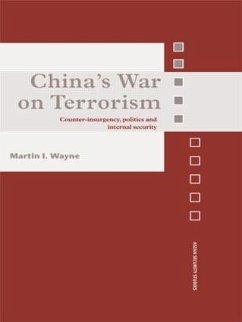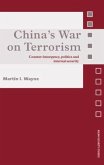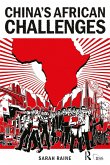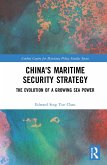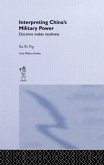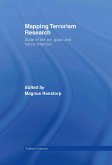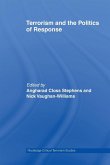China's war on terror is among its most prominent and least understood of campaigns. With links to the global jihad, an indigenous insurgency threatens the government's grip on a massive region of north- western China known as Xinjiang. Riots, bombings, ambushes, and assassinations have rocked the region under separatist and Islamist banners. China acted early and forcefully, and although brutal, their efforts represent one of the few successes in the global struggle against Islamist terrorism. The effectiveness of this campaign has raised questions regarding whether China genuinely confronts a terrorist threat. In this book, based on extensive fieldwork, Martin Wayne investigates China's counterinsurgency effort, highlighting the success of an approach centred on reshaping local society and government institutions. At the same time, he raises the question of what the United States may be able to learn from China's approach, and argues that as important a case as Xinjiang needs to be fully examined in order for terrorism to be defeated. This book will be of interest to students of China, Asian politics, terrorism and security studies in general.
Hinweis: Dieser Artikel kann nur an eine deutsche Lieferadresse ausgeliefert werden.
Hinweis: Dieser Artikel kann nur an eine deutsche Lieferadresse ausgeliefert werden.

